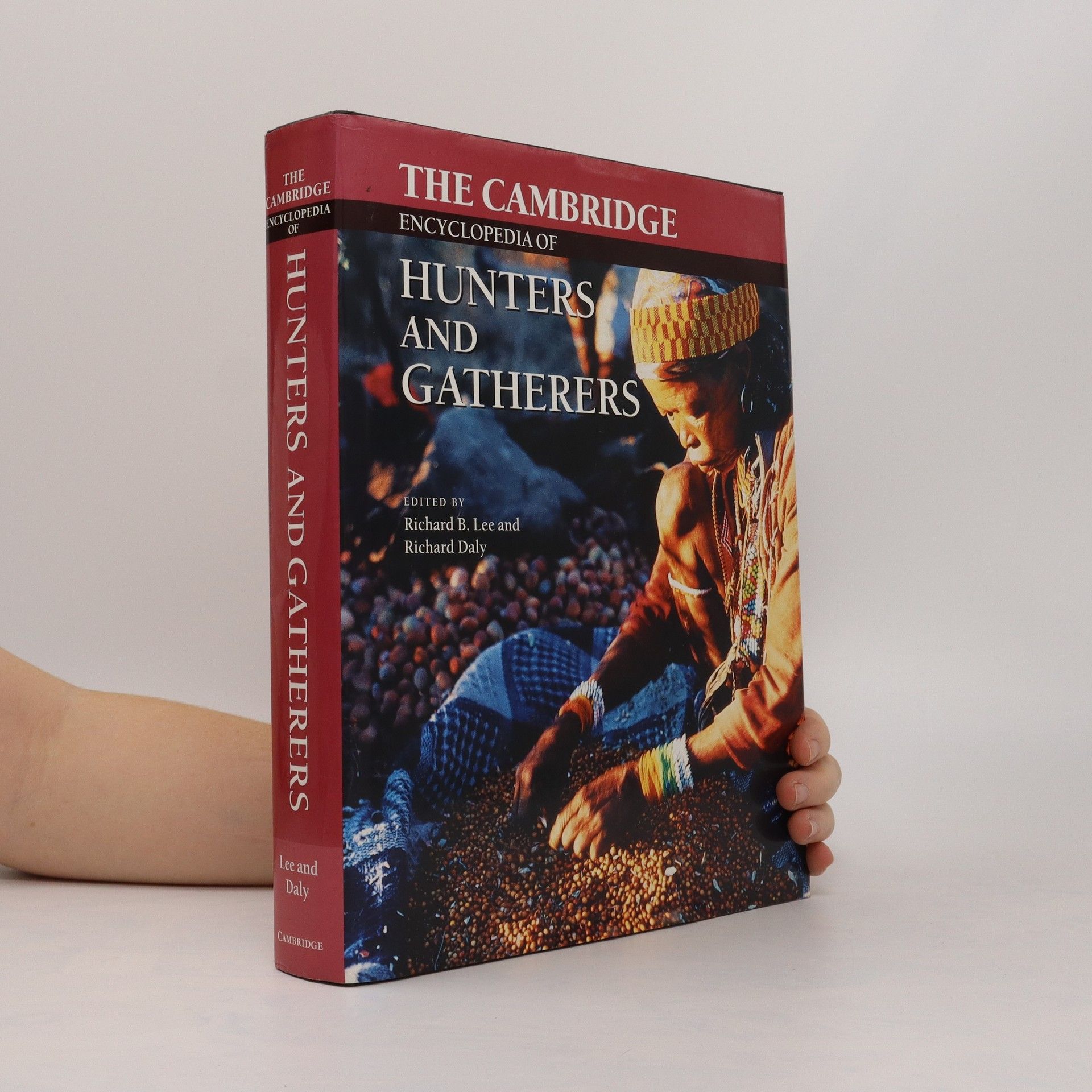Work That Counts
- 288 pages
- 11 hours of reading
"In this book, Richard Lee, a Silicon Valley leadership trainer, proves that you don't need to reengineer your entire organization to maximize its potential; you only need to give your people the tools to succeed inside it. Drawing on examples from companies he has worked with, Lee provides practical solutions to the problems that hold people back in nearly every organization. Among the skills he teaches are: How you as a team leader can hold team members accountable without micromanaging. How to get support for your objectives from other teams-even when they don't report to you or your division or business unit. How to partner with others, within your team and across with other teams, to achieve the results you want"-- Provided by publisher

